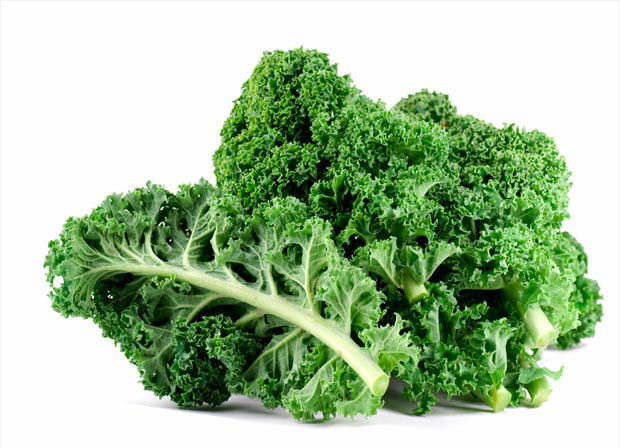
12 Jan Digestion wars: alkaline v acidic foods

If forgoing your favorite treats and foods sounds too much like hard work this new year, try this mindset; choosing alkaline foods over acidic. While the body is designed to balance its pH whatever we eat, the foods that fall into the alkaline category are, categorically, healthier for us. You’ll be piling into veggies and fruit, pulses, seeds and herbs and minimizing your intake of sugar and processed foods, meat and dairy, soft drinks, coffee and alcohol. “Focusing on your acid-alkaline balance in the body is an important part of maintaining health,” says Jessica Williams, Flex instructor, co-founder of Body Awakening and a holistic nutritionist.
Understanding pH
The pH of most people’s bodies living a first world lifestyle, in general, tends towards acidic rather than alkaline. A pH of 7 is neutral and becomes more acidic as it declines towards 0, or more alkaline as it increases towards 14. Different parts of the body require to different pH levels to do their jobs, however. For example the blood needs to be slightly alkaline at 7.35 – 7.45pH, while the stomach needs to be acidic in order to break down foods, checking in at 3.5 or below.
The food we eat and drink to fuel our bodies ranges from highly acidic and unhealthy to highly alkaline and healthy, and requires the body to be good at adjusting its internal levels to keep functioning, jettisoning excess acid (or alkali) via the urine.
It’s all about your diet
The best way to address your pH is to look at what you’re eating. “Foods which contain higher amounts of phosphorous, sulphur, chlorine and iodine tend cause the body to become more acidic,” says Jessica. “Likewise, foods containing higher amounts of the minerals calcium, magnesium, potassium and sodium tend to shift the body towards a more alkaline state.
“Basically this means that when we over consume animal products, sugar, alcohol and processed foods, an acidic imbalance in the body is likely to result. Focusing on a diet containing higher amounts of fresh vegetables, fruits, certain grains and almonds supports the body in maintaining balanced pH.,” she adds.
And what is especially worrying is that if you have a stressful life, you’re just compounding the acidic effects.
“When the body becomes too acidic, we experience more inflammation and pain in the body, and ultimately tissue breakdown and disease,” says Jessica.
When our bodies are in an acidic state we are also challenging the immune system, meaning it is difficult for our digestive systems to absorb nutrition, and for the body to optimally repair and heal. And if that’s not a big enough warning for you, this all speeds up ageing and the potential for disease.
On the other hand, if you fill your plate with greens, as well as other colors of veggies, low glycemic fruit, seeds, herbs and pulses, you’ll be giving the body what it genuinely wants and needs in order to keep us as healthy and young as possible.
Lemons are an ideal part of this regime. Although acidic in nature, they are alkali forming once in your body, so get into the habit of squeezing half a lemon into your glasses of water throughout the day. In addition add seaweed to your diet, cook with onion and garlic, and treat your palate with pineapple, tangerine and watermelon…
“As we create improved pH balance in our bodies through diet and stress management we can expect to experience less congestion, lessening of allergies and reduced pain and inflammation,” says Jessica. “Long term we also protect ourselves against chronic and degenerative disease.”
Foods to be aware of:
Highly alkaline – eat as many as you can – lemons, lentils, onion, pineapple, raspberries, sea salt, seaweed, spirulina, sweet potato, tangerines, watermelon etc…
Highly acidic – avoid as many as you can – beef, beer, breads, brown sugar, white flour, fried foods, fruit juices with sugar, white pasta, processed cheese, seafood, soft drinks, soybeans, sugar, table salt, walnuts, whole wheat foods, wine, sweetened yoghurt etc…
Good to know:
Brown rice, coconut, dates, fish, goat and sheep cheeses, honey, spinach, string beans, vinegar and zucchini, among others, are very low acid, which puts them just ahead of foods like lamb, milk, shellfish, tofu, tomatoes, wheat and white rice with low acid levels, and chicken, pork, coffee, cranberry, wholegrain pasta, which are all moderately acidic.
Jessica Williams is a holistic nutritionist as well as a yoga and Pilates instructor at Flex. She is co-founder of Body Awakening, a company that makes quality health and wellness products, and she leads clients in cleansing and detox programs.


